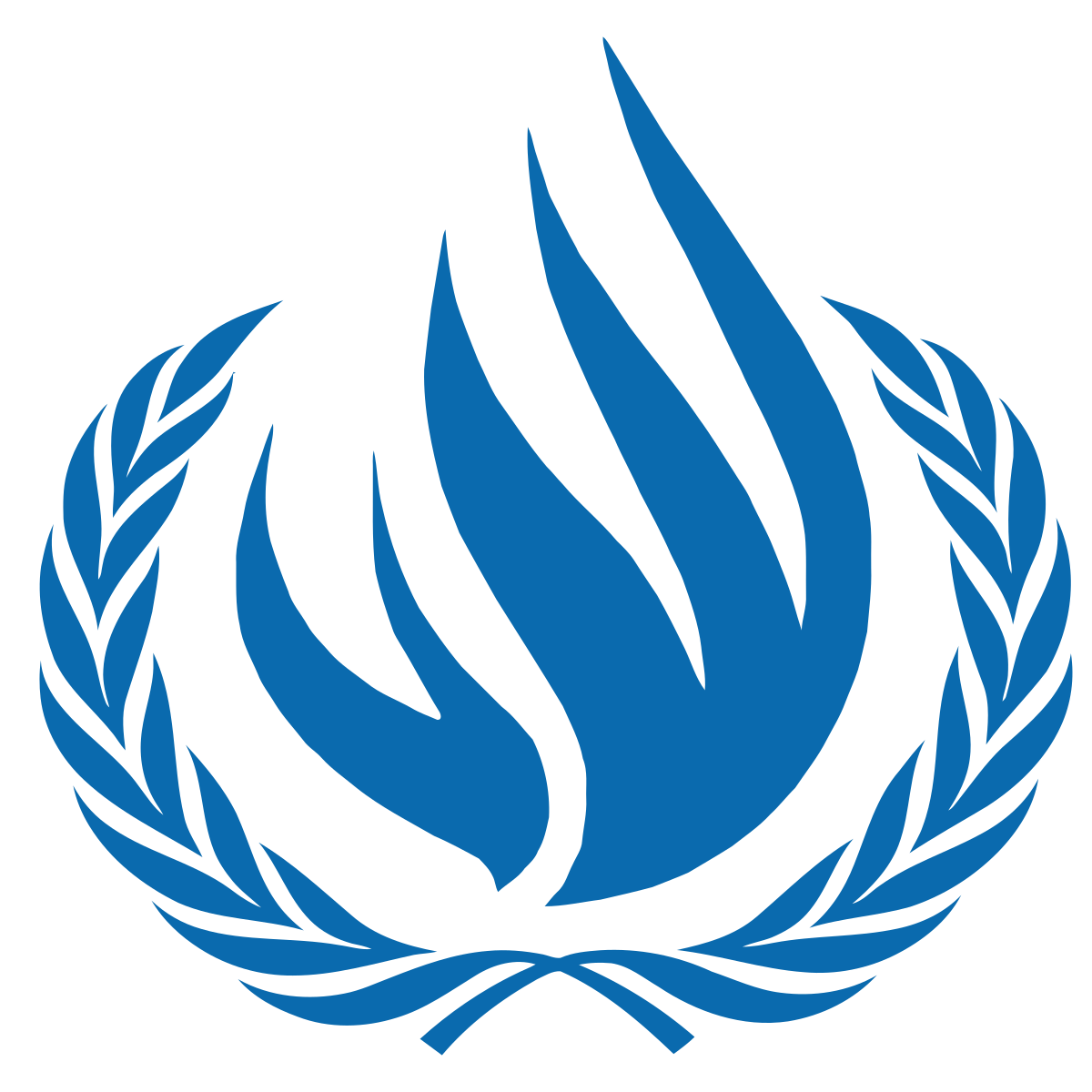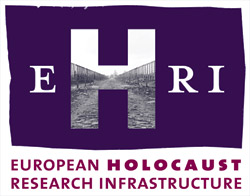Human Rights Anchored in International Law
09. 10. 2024

As an institute, our work is based on three main pillars:
- The Institute researches the history of Nazi persecution in the Czech lands and Europe.
- It commemorates and documents its victims.
- It educates against manifestations of racism, anti-Semitism, and xenophobia.
Education is a key tool for preventing anti-Semitism, racism, xenophobia, and other forms of hatred that led to tragedies such as the Holocaust. Essential elements in education include:
1. Education for human rights: Human rights education fosters awareness that everyone has the right to dignity and equal treatment regardless of race, religion, nationality or other distinction. This includes teaching basic documents such as the Universal Declaration of Human Rights.
2. Critical thinking: Students must learn to evaluate sources and recognise hate speech or manipulation.
3. Empathy and solidarity: Building empathy and understanding between different groups of people is crucial. Programmes focusing on inclusion, intercultural dialogue and interaction between people of different backgrounds can help develop a sense of solidarity and mutual respect.
4. Historical awareness: Teachers and education programmes should emphasise teaching about the Holocaust and other genocides so that students understand how hatred and discrimination can lead to extreme forms of violence and persecution. This includes understanding the mechanisms that made the Holocaust possible (dehumanization, propaganda, institutional racism). In order to do this, they need the right materials, resources, and methodologies with which to work with their students.
5. The role of media and propaganda: Teaching students about how the media and propaganda have been used to spread anti-Semitism, racism, and hatred is important for understanding how these tools can be misused in society.
To begin with, it is good for everyone to know what human rights are, as they are anchored in international law. The best source is the Universal Declaration of Human Rights, which you can find on the United Nations website, among others in English. The Declaration has 30 articles.
All people are born free and equal in dignity and rights. Among these is the right to life. This applies regardless of race, color, sex, language, religion, political opinion, national or social origin, gender, or place and country of birth.
The Terezín Initiative Institute offers several seminars for teachers and students. These can be found on our website, terezinstudies.cz under the Education tab. The seminar that focuses on human rights is called "Prejudice, Stereotypes, and Human Rights."
Another way we are trying to promote equality for all, and teach young people to be socially engaged is through the Anne Frank Youth Network (AFYN), which is coordinated for the Czech Republic by our own Thomas Elmecker. It is a global network of young people, volunteers who are engaged and aim to raise awareness, increase active citizenship, promote dialogue and democratic values today. AFYN.cz is now planning a ZINE Workshop on 26 October 2024, for which people between 16 and 26 years old can register HERE.
We hope to inspire you to share in the social responsibility to not only respect but also promote these basic human rights.
Read also
- Remember the Past, Shape the Future – International Youth Forum 2025, a recap by Anička
- News from Prague 02/2025
- Workshop Just an Ordinary Day for MIIC – 22.7.2025
- Alpine Peace Crossing
- Anne Frank Day
- Visit from the APC
- GEDENKDIENST
- We have new books!
- Commemoration of the victims of the Holocaust in the Treblinka labour camp
- Commemorative act in Lety u Písku







